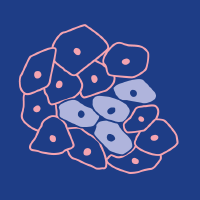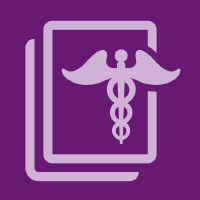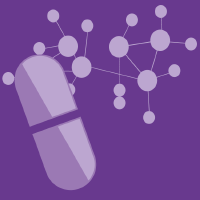Topic Editors


Advance in Cancer Pharmacoepidemiology
Topic Information
Dear Colleagues,
Cancer is a leading cause of mortality worldwide, and in recent years, novel treatments have been developed and approved that have improved the overall survival rate and quality of life of patients.
Cancer pharmacoepidemiology focuses on the real-world use, effects, and outcomes of cancer therapies, including chemotherapy, immunotherapy, targeted therapy, and supportive care medications, in large patient populations.
We are inviting you to contribute high-quality research relating to cancer pharmacoepidemiology that addresses research questions using innovative methods, for example, large-scale observational studies, target trial emulation, and systematic review with meta-analysis.
Topics of interest include, but are not limited to, the following:
- The real-world effectiveness and safety of cancer therapies;
- Cancer therapy patterns of use;
- The comparative effectiveness of cancer therapies;
- Health disparities in the use and outcomes of cancer therapies;
- The impact of novel cancer therapies on healthcare utilization and costs;
- Methodological papers to improve the study validity of cancer pharmacoepidemiology.
We invite submissions from researchers, clinicians, and other stakeholders involved in cancer care worldwide. All submitted papers will undergo a timely and rigorous peer-review process.
We look forward to receiving your submissions and advancing our understanding of cancer pharmacoepidemiology.
Dr. Shih-Chieh Shao
Dr. Edward Chia-Cheng Lai
Topic Editors
Keywords
- pharmacoepidemiology
- methodology
- observational study
- meta-analysis
- cancer
- oncology
- drug safety
- drug effectiveness
- real-world evidence
Participating Journals
| Journal Name | Impact Factor | CiteScore | Launched Year | First Decision (median) | APC | |
|---|---|---|---|---|---|---|

Cancers
|
4.5 | 8.0 | 2009 | 16.3 Days | CHF 2900 | Submit |

Healthcare
|
2.4 | 3.5 | 2013 | 20.5 Days | CHF 2700 | Submit |

Pharmaceuticals
|
4.3 | 6.1 | 2004 | 12.8 Days | CHF 2900 | Submit |

Pharmaceutics
|
4.9 | 7.9 | 2009 | 14.9 Days | CHF 2900 | Submit |

Pharmacoepidemiology
|
- | - | 2022 | 22.7 Days | CHF 1000 | Submit |

MDPI Topics is cooperating with Preprints.org and has built a direct connection between MDPI journals and Preprints.org. Authors are encouraged to enjoy the benefits by posting a preprint at Preprints.org prior to publication:
- Immediately share your ideas ahead of publication and establish your research priority;
- Protect your idea from being stolen with this time-stamped preprint article;
- Enhance the exposure and impact of your research;
- Receive feedback from your peers in advance;
- Have it indexed in Web of Science (Preprint Citation Index), Google Scholar, Crossref, SHARE, PrePubMed, Scilit and Europe PMC.

